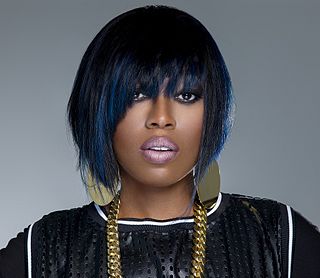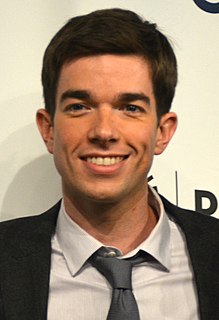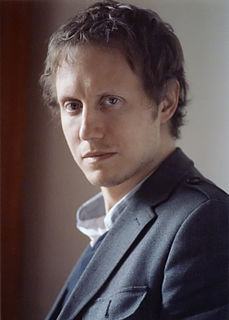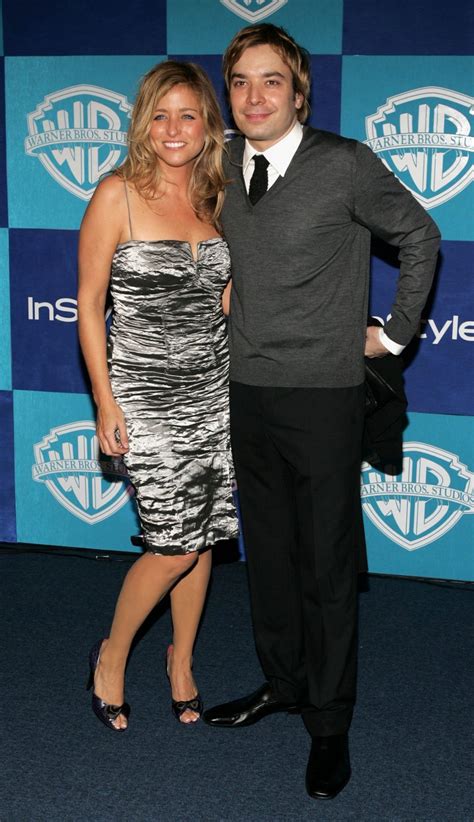A Quote by John Wooden
What it comes down to, I believe, is that mentoring often involves telling people what they need to hear, rather than what they want to hear. When you are able to be humbly honest with someone about a situation with which you have personal experience-even if you risk angering or hurting that person-you are offering the most valuable gift of all.
Related Quotes
Someone told me something recently about Sarah Palin, someone I trusted in the book business. They said, "I worked with Palin. She did an event at my bookstore, and she was really, really nice, and even more beautiful in person." I didn't want to hear that. I wanted to hear that she was awful and hideous-looking. But I thought, I have to listen to that. I have to hear that. I don't want to be the one who is going to deny anything complimentary said about somebody just because I disagree with that person.
There's a fundamental difference between how often men remember to say 'I love you' and how often women want to hear 'I love you.' For the most part, it's on the guy. He's not withholding it intentionally. It's just that we kind of miss the point sometimes, that even in the most nonchalant way, telling the person how you feel is important.
Most people don't take some things into consideration. When they hear an album, they hear the artist or they hear the lyric or they hear the melody. But they don't really think about the environment in which it was recorded, which is so important. It's that thing that determines what the album sounds like.
I think whatever you believe in affects whatever you express, whatever you create. It shapes your morality in some way. But I don't think that's something that you have to shove down people's throats. I'd rather keep it in the background, and I'd rather people came to the music in an unprejudiced way. I'm glad, in a sense, that most people don't know about me, what I do, much. I'd rather they hear the music, and then say, "I wonder what kind of person created this."
Holding on to beliefs limits our experience of life. That doesn't mean that beliefs or ideas or thinking is a problem; the stubborn attitude of having to have things be a particular way, grasping on to our beliefs and thoughts, all these cause the problems. To put it simply, using your belief system this way creates a situation in which you choose to be blind instead of being able to see, to be deaf instead of being able to hear, to be dead rather than alive, asleep rather than awake.
Sometimes all we need is only listening to an inner voice and remaining human in a very personal way. But even if it is a personal way, it's still a very valid way - maybe the most valid way. It doesn't have to be a collective experience or someone telling you what to do. The most sacred human experience can be a very personal one.
What I've learned from my gurus is that when you hear music, you hear a person, or you hear people, and you hear everything about them in those moments. They reveal themselves in ways that cannot be revealed any other way, and it contains historical truths because of that. To me, that is the most important thing. It shouldn't be a footnote, or the last chapter. It should be the complete thesis about a book on listening.
When you are influential and highly respected, people tend to tell you what you want to hear, not what you need to hear. They are seeking your approval, or they flatter you. Unfortunately, this creates a gap between what you hear and reality. If you find yourself in that situation, you will need to work extra hard to get the people close to you to speak honestly into your life. And you will have to become highly intentional in observing and listening.






































